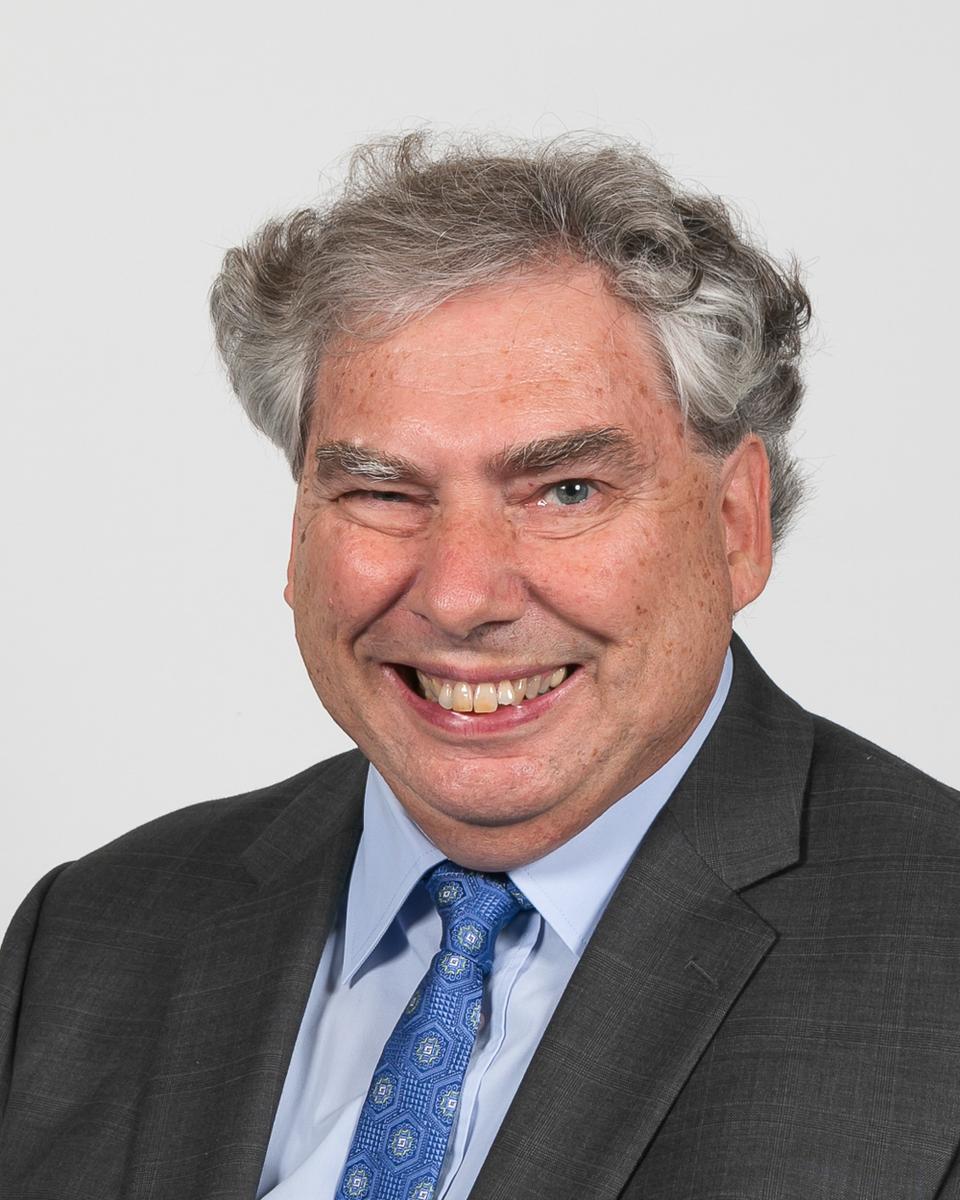From the Executive

Potential
Over the recent break, I was fortunate enough to take time to watch two documentary/films – the first was called “Becoming” (the autobiographical story of Michelle Obama) and the second was “Anne Frank – Parallel Stories” (narrated by Helen Mirren) the story of the Holocaust as recorded in Anne Frank’s famous diary and seen through the eyes of contemporaries of Anne who survived the atrocities of the death camps and the cruelty of the Nazis to bear witness today to those events that occurred some 80 years ago.
A common premise that occurred in both these movies was the theme of potential.
Michelle Obama relates with great passion and joy the upbringing she received in her family circle. Her father and mother, although living in the south side of Chicago, instilled in her and her siblings a deep belief that there was nothing she couldn’t achieve. With hard work and self-belief, she could realise any vision that she dreamed. When you consider that her family were African–American and the society in which she lived still held deep-rooted racist attitudes against people of colour, you can’t help but admire the values they tried to instil in their children.
This is even more pertinent when Michelle writes that on articulating her dream of becoming a lawyer with her high school careers counsellor, who in no uncertain terms, tells her to choose again because a black girl will never be allowed to succeed in the hallowed halls of the predominantly white male university that Princeton was.
Needless to say, the rest is history. Acting on the instincts that her family had inculcated in her, she graduated successfully from Princeton University and then from Harvard Law school despite great discrimination and humiliation to become one of the great corporate lawyers of US business. From there she met and married Barack Obama and became the First Lady in the White House – not bad she quips for a descendant of a black African slave!
“Anne Frank – Parallel stories” is a sobering account of a horrific tale that we all know far too well. There are many themes explored but the one that resonated with me was that of a historian who reflected that the main tragedy of the holocaust was the ruthless extermination of 1.5 million children and teenagers. He mourns the loss of potential that laid within these young lives and how very much different the world today might look had the latent creativity of those children been permitted to flourish – if these young people had been allowed to become doctors, engineers, scientists, philosophers, architects, builders and the like, our world could’ve been so much more the richer.
I mention this because this week we have just started our new Covid19 style online parent/teacher interviews. Fundamentally at the heart of each of these conversations is really the question “Is my son reaching his potential in your subject?”
There are many criteria that are used to formulate a response – Is he working hard?…………. Does he persevere?………….. Is he committed?…………….Is he developing resilience?……………….. How does he cope with failure? ……… and many, many more!
So many of these qualities and life skills are being nurtured and developed in families and on behalf of all teachers (and of course your sons), I thank you so much for your fantastic work.
- Of course, this concept of potential resonates very closely with the gospel values on which our education system is based. We are reminded by Jesus “that he came so that we may have life and have it to the full” John 10:10. Living life to the full is realising our potential and to do that requires us to overcome fear. Fear of failure, fear of ridicule, fear of anxiety and fear of not measuring up to someone else’s standards. I think in truth that this is what is at the heart of our college call – to leave nothing undared. It doesn’t say that we are called to succeed, but rather to dream to dare of a world where all potential can thrive.
God bless,
Keep safe and well.
Mr Mark Rolfe
VCE & Data Analysis Coordinator

